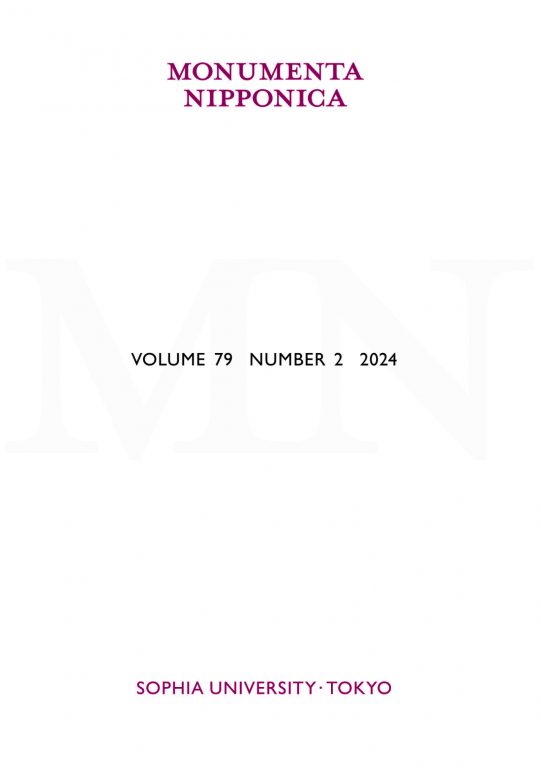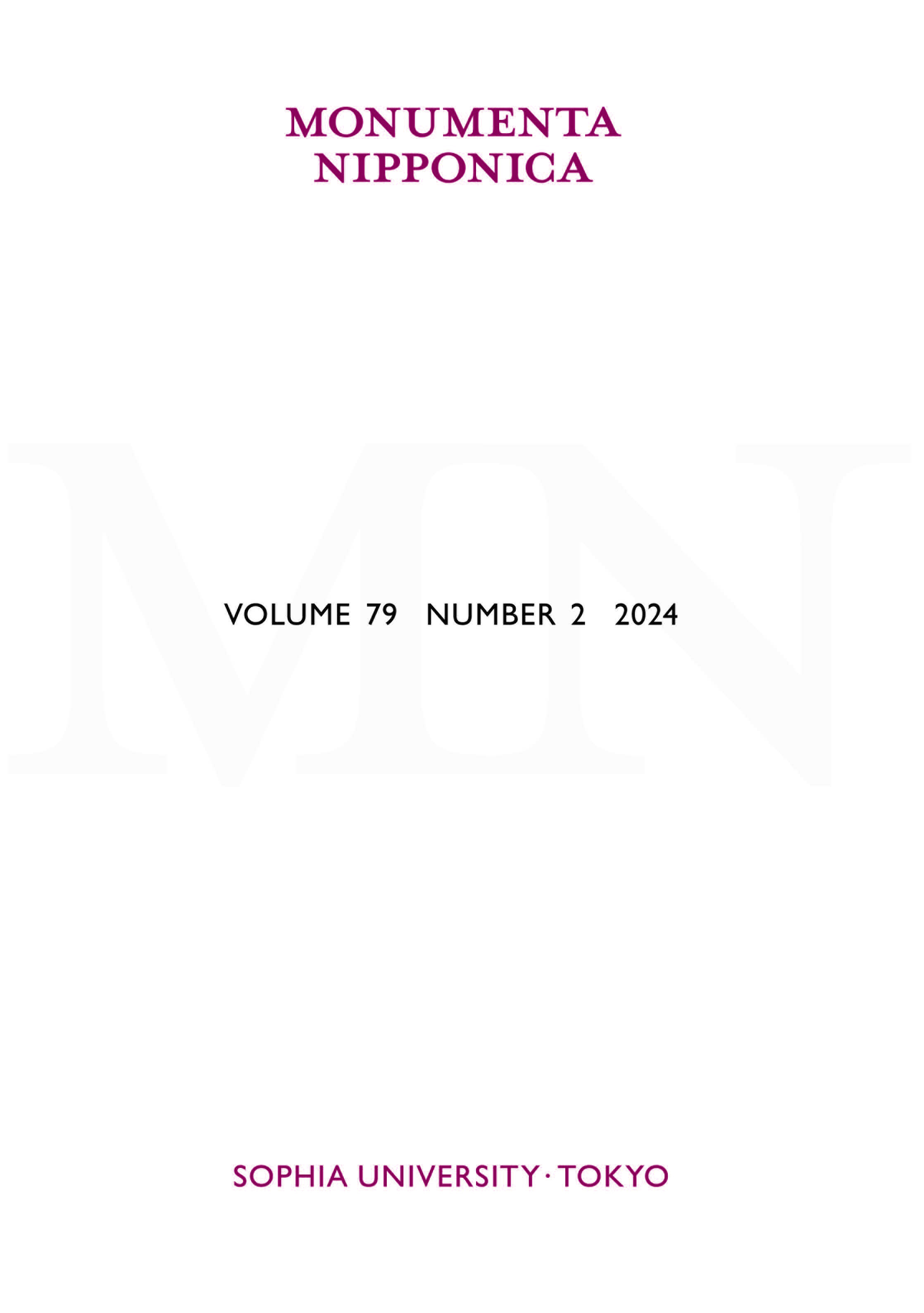The Crisis in Pro Baseball and Japan’s Lost Decade: The Curious Resilience of Heisei Japan by Paul E. DunscombAndrew Gordon
MN 79:2 (2024) pp. 316–18
Exactly two decades ago, major league baseball in Japan (Nippon Professional Baseball, or NPB) faced an unprecedented crisis. Burdened by unsustainable financial losses, owners who ordinarily were happy to take those as tax write-offs proposed eliminating one or more money-losing teams. Watanabe Tsuneo, the mighty president of the Yomiuri (newspaper) Corporation and its Yomiuri Giants franchise, led this drive to slim down the league and gain an even more dominant position. But for once this kingpin of the establishment in Japanese media and politics, as well as baseball, failed to bully his rivals into submission. Normally apolitical fans—or fans who hardly saw support for baseball as a political act—organized mass petition drives to prevent beloved teams from dissolving or relocating to other cities. Faced with job losses and buoyed by fan support, the normally compliant players’ union went on strike for the first time ever during the season’s critical final month. Billionaire founders of new online businesses (Softbank, Rakuten) stepped in to take over teams in existing or new home cities. By the end of 2004, although the Kintetsu Buffalo fans failed to keep their beloved team afloat, NPB had the same number of teams as before the season began.

